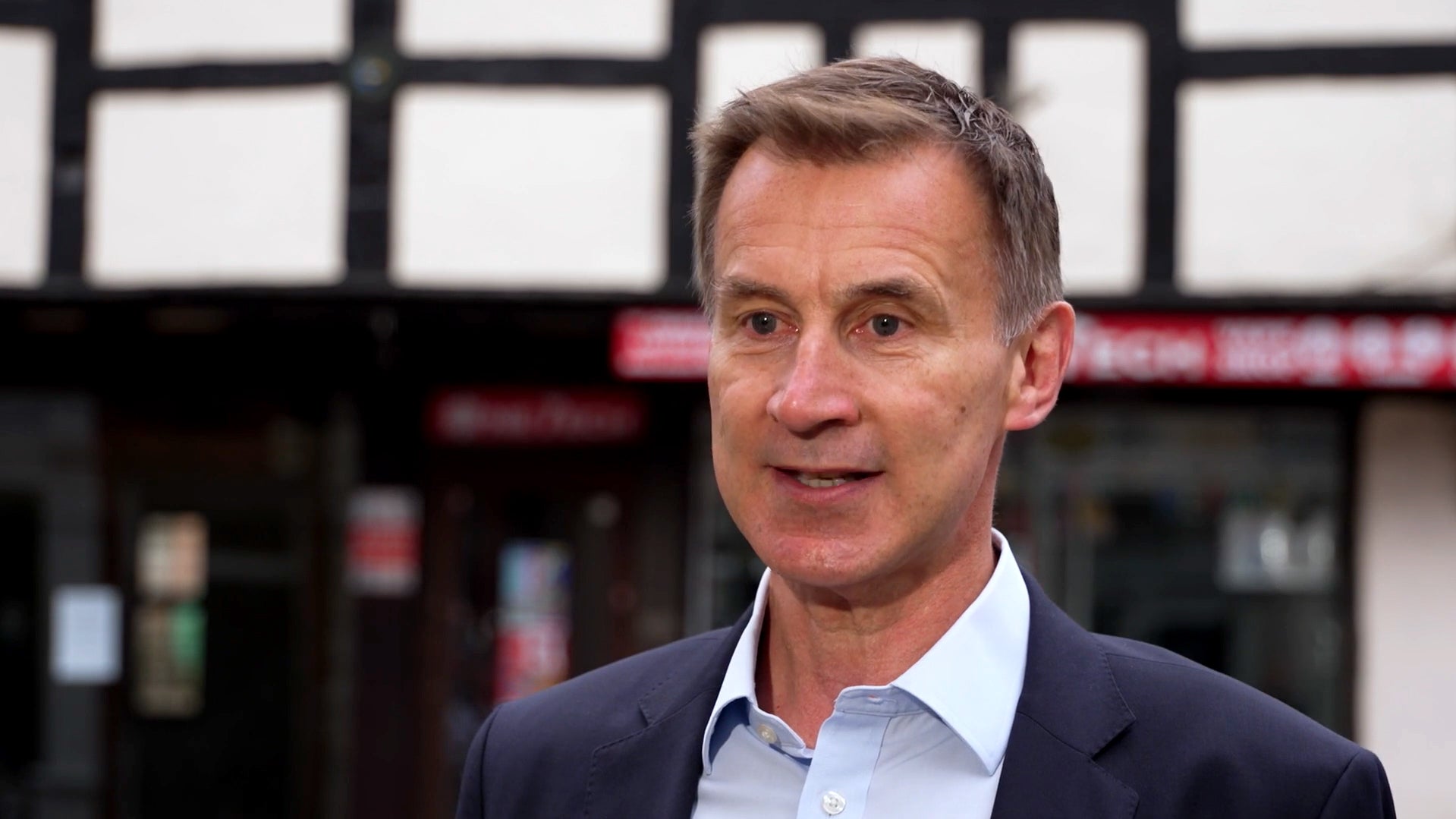A drop in inflation is good news – but is it enough to make people vote Tory?
It seems Rishi Sunak’s pledge has been met – but not everyone will give him the credit. Sean O’Grady looks at whether it will boost a flagging Conservative Party, and at what it might mean for the next government


The headline annual rate of consumer price inflation has hit 2 per cent – bang on the official target, and for the first time in three years. It’s obviously encouraging news, and the Conservatives will be hoping that it gives them a boost during what’s been a difficult campaign. It was, after all, running at 11.1 per cent in the year to October 2022.
According to the chancellor, Jeremy Hunt, the rate is low by international standards, and: “That would not have happened under Labour, [who] refused to condemn the public-sector pay strikes that would have meant inflationary pay rises, inflation lasting longer.”
However, underlying “core” inflation, excluding volatile food and fuel prices, is still running relatively high at 3.5 per cent, as it is in the services sector (5.9 per cent), while wages are still going up at about 5 per cent a year. These are also key measures monitored by the Bank of England. Experts therefore don’t expect an interest-rate cut before August, at the earliest.
How much of the credit should go to the government?
Some. Critics say that ministers always insist, when inflation is high, that it has nothing to do with them and is all about global factors; but when it comes down, for whatever reason, suddenly they try to take all the credit. Thus, when the work and pensions secretary Mel Stride pitched up at Sky News, he said “We’ve brought inflation down,” to which the acerbic interviewer, Kay Burley, replied: “That’s nothing to do with you, is it?”
To be fair, Stride pointed out that fiscal policy – higher taxes and restraint on public spending and pay – has played its part, and he’s right about that. No monetary policy run by a central bank can work efficiently if the government is operating a fiscal policy that pushes in the opposite direction – interest-rate rises offset by huge tax cuts, for example.
That is, of course, exactly what happened during the premiership of Liz Truss – a notable disaster. Rishi Sunak and Hunt fixed that – but ministers not being reckless, and working collaboratively with the Bank of England, is the very least that can be expected of any administration.
Of course, it is also true that “baseline effects” have also brought inflation down sharply – because that is what happens statistically, unless, say, energy prices double every year.
Will it boost the Tories?
Not really. The problem is that the cost of living crisis is still going on; prices and rents are still rising, albeit at a slower rate; and any news about inflation will tend to remind people of what they’ve been going through over the past few years. And voters may be inclined to credit the Bank of England and benevolent global factors rather than Sunak and his famous pledge to halve inflation (which has now been more than fulfilled).
What does it mean for the next government?
Assuming we will have a Labour administration, the underlying figures are a stark reminder that getting and keeping inflation down is a tough gig for the Bank of England, and it would be made even more difficult were there to be substantial spending increases and/or tax cuts. So even if the new government were contemplating such a fiscal boost (and Labour isn’t), it would be hard to sustain, as Truss discovered.
Until core or underlying inflation is squeezed down even further – and the last years are the hardest – there will be little scope for fiscal expansion or infrastructure investment under the restrictive “iron-clad” rules Rachel Reeves will impose upon herself.
The good news for Reeves is that the markets will probably have sufficient confidence in her, and in the Bank of England, that interest rates will subside later this year and into 2025, and that should boost investment and deliver the magic ingredient – growth in the national income – that helps everyone to make ends meet and the sums to add up.
Even so, restoring growth to the levels seen during the last Labour government will prove difficult. Productivity, international competitiveness and investment growth have usually been a challenge for the UK since the 1870s, and the situation noticeably worsened after the global financial crisis in 2008. It is currently being worsened by a combination of public and private debt overhangs, deglobalisation, ageing infrastructure and housing stock, shortages of both skilled and unskilled labour, planning restrictions – and, uniquely to the UK, Brexit.
Labour certainly has policies to deal with some of those obstacles to growth, but not all, and the intense political pressure to reduce migration will also keep depressing output expansion and living standards. The next five years won’t be as tough as the last (pandemics and wars permitting), but they won’t be boom times either. No wonder Labour is asking for “a decade of renewal”.






Join our commenting forum
Join thought-provoking conversations, follow other Independent readers and see their replies
Comments